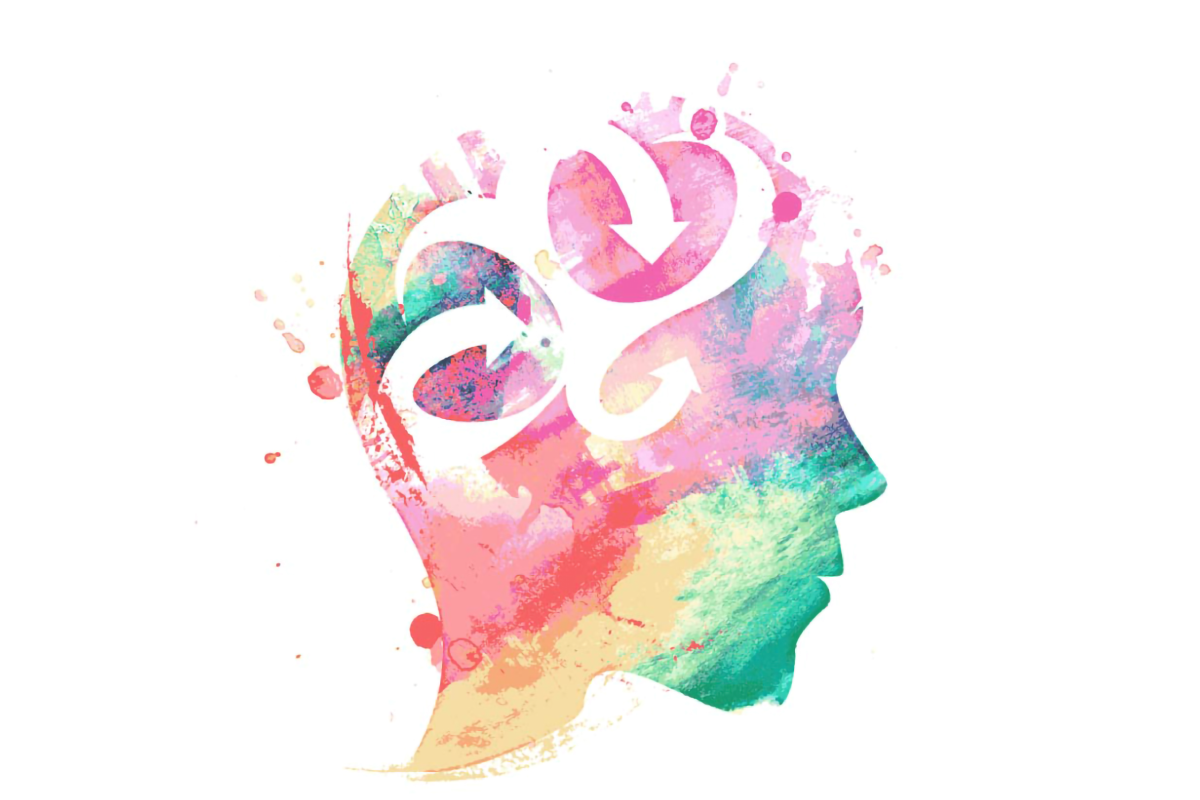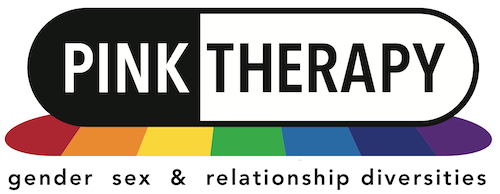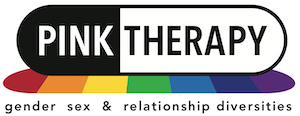
In 1972 Dr John Fryer, under the pseudonym, Dr H, and wearing a mask and wig to disguise himself, spoke to the American Psychiatric Association and said – I am a psychiatrist and I am gay. He did this at a time when homosexuality was labelled a mental illness, and risked his career to try to change that. It has, quite rightly, been described as one of the most important moments in the campaign for LGBTQ rights of the twentieth century.
We do not, as far as I know, have a similar, singular Dr. H for neurodiversity, instead, over the past decade there have been many H’s in therapy rooms, clinics, training organisations and colleges across the world saying I am a therapist and I am neurodiverse.
And I find myself deleting the word “openly” as the micro and macro aggressions worm their way into a blog on neurodiverse therapists – ones who “flaunt” their difference from the neuromajority. How deep do the injunctions to hide our otherness go, how far reaching is the thought that this difference must be concealed?
The growing number of neurodivergent therapists raises a question for neurodiverse people seeking therapy – Should I look for a therapist whose neurotype matches my own? If we look at the experience of the GSRD community after Fryers speech, research has shown over and over again that LGBTQ+ people, and those in non mononormative/heteronormative relationships seek out therapists with similar identities. People also report better therapeutic outcomes when they have screened for LGBTQ+ affirmative therapists, especially when those therapists are also LGBTQ+. There is also a smaller body of research which mirrors this for kinky clients. At its most basic, people experience less overt homophobia, biphobia, transphobia, therapists are less likely to need to be educated, and therapists are less likely to try to change who the client intrinsically is.
Too much, too different, too bad at social situations, too excited, too quiet, too avoidant of eye contact, too interested in that thing, not interested enough in those things. Have you tried just not being you?
I put a question to the @actuallyautistic group on Mastodon, asking why neurodiverse people might prefer a neurodiverse therapist. The answers mirrored those things we already know about LGBTQ+ therapy. From the empathy gap, through therapists just not getting it through to attempts to change who a client is – aka conversion therapy, people spoke of their struggles with neuromajority therapists and the sheer relief of finally being seen.
As Dr Amy Marshall writes here, on neurodiversity affirming therapy, any therapist can of course theoretically provide that experience of being seen. Theoretically carries a lot of weight there. We inhabit an allistic and ableist world. Most therapists will only have considered a medical model in training, and few will have worked on their own internal, unconscious biases. There is a parallel here to the trans experience, where therapy can focus on the medical, and the idea of movement towards a fixed point (in both senses of the word fixed) rather than exploring the whole person, and depathologizing how that person is seen.
We do need to be aware that neurodiverse therapists themselves will carry some unconscious bias, have grown up with the same prejudices and under cis het white norms which fear and other difference. There also needs to be room for discussion around differences under the neurodiverse umbrella. Bi and trans people have often raised the issues of double discrimination and poor treatment from the lesbian and gay community. (Thankfully much improved now than even 10 years ago). Someone who is dyslexic might not necessarily “get” adhd, someone who is autistic might not “get” tourettes. However over and over again neurodiverse people say that it was when they had a neurodiverse therapist that they finally began to see therapy work for them.
Karen Pollock, Clinical Associate
counsellinginnorthumberland.com
Image by Rochak Shukla on Freepik

